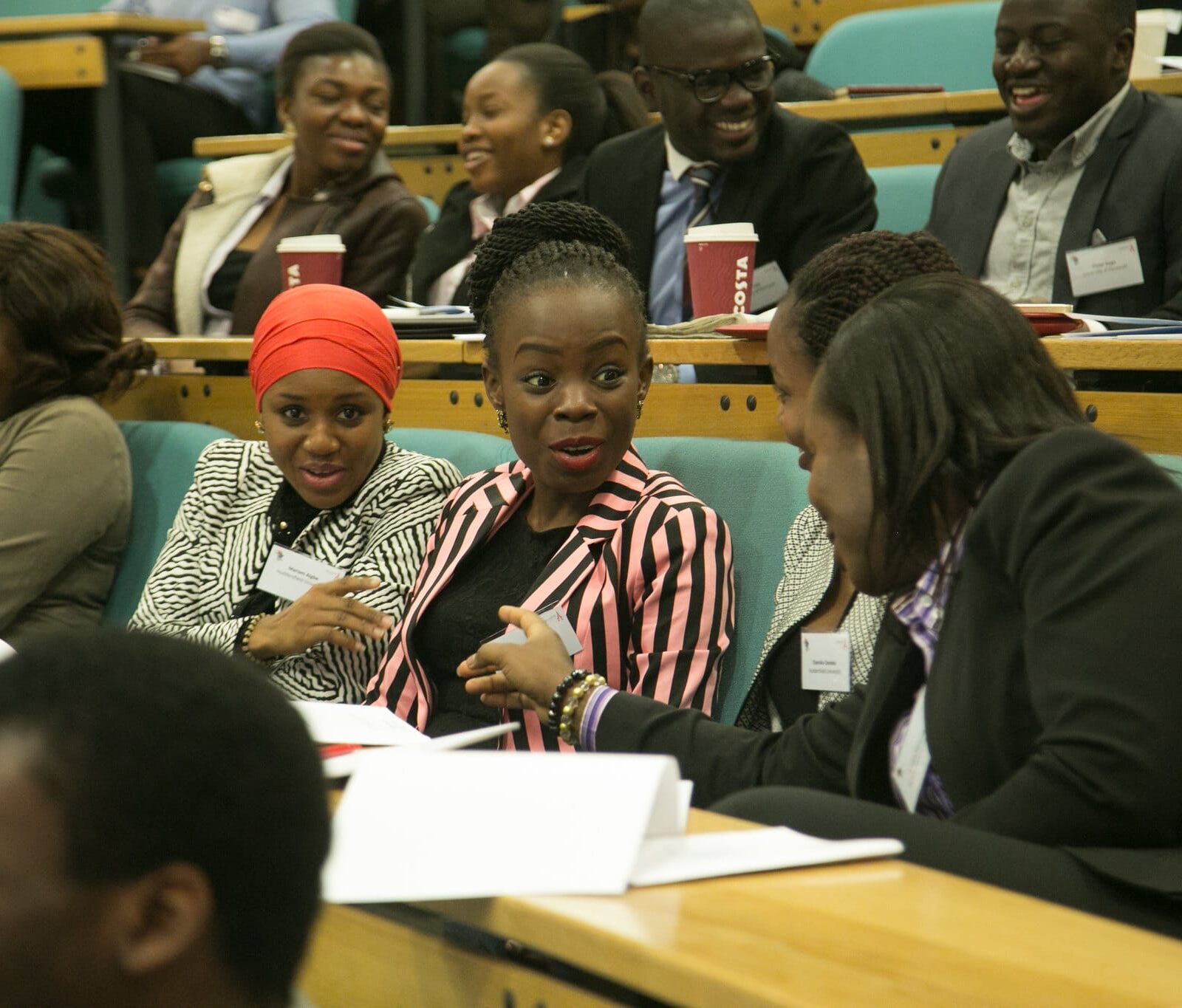About the policy dialogue
Despite relatively high rates of economic growth and numerous interventions initiated by the Government of Ghana to address employment challenges, unemployment remains high, especially among the youth, and other challenges such as underemployment are yet to be adequately addressed. This is partly because government interventions are often discontinued when a different political party forms government after national elections. The other reason for this is poor alignment between the focus of interventions and the demands of the labour market. The interventions generally encompass skills development for occupational classes or enterprise development segments with limited labour market demand. In addition, employment interventions are implemented in isolation, which makes it difficult to link their different perspectives. Finding out the extent to which the interventions have met their objectives and what has worked for youth is difficult due to lack of meta-analyses of youth employment interventions. This African Policy Dialogue (APD) seeks to generate research evidence on what works and what does not in youth employment interventions and contribute to the design of youth interventions in Ghana.
Partners
- Netherlands-African Business Council (NABC)
- Other actors: government agencies such as ministries linked to youth employment, agriculture, and business development; representatives of political parties; labour unions; youth groups; knowledge institutions; civil society; multilateral development institutions; and the Dutch Embassy in Ghana
